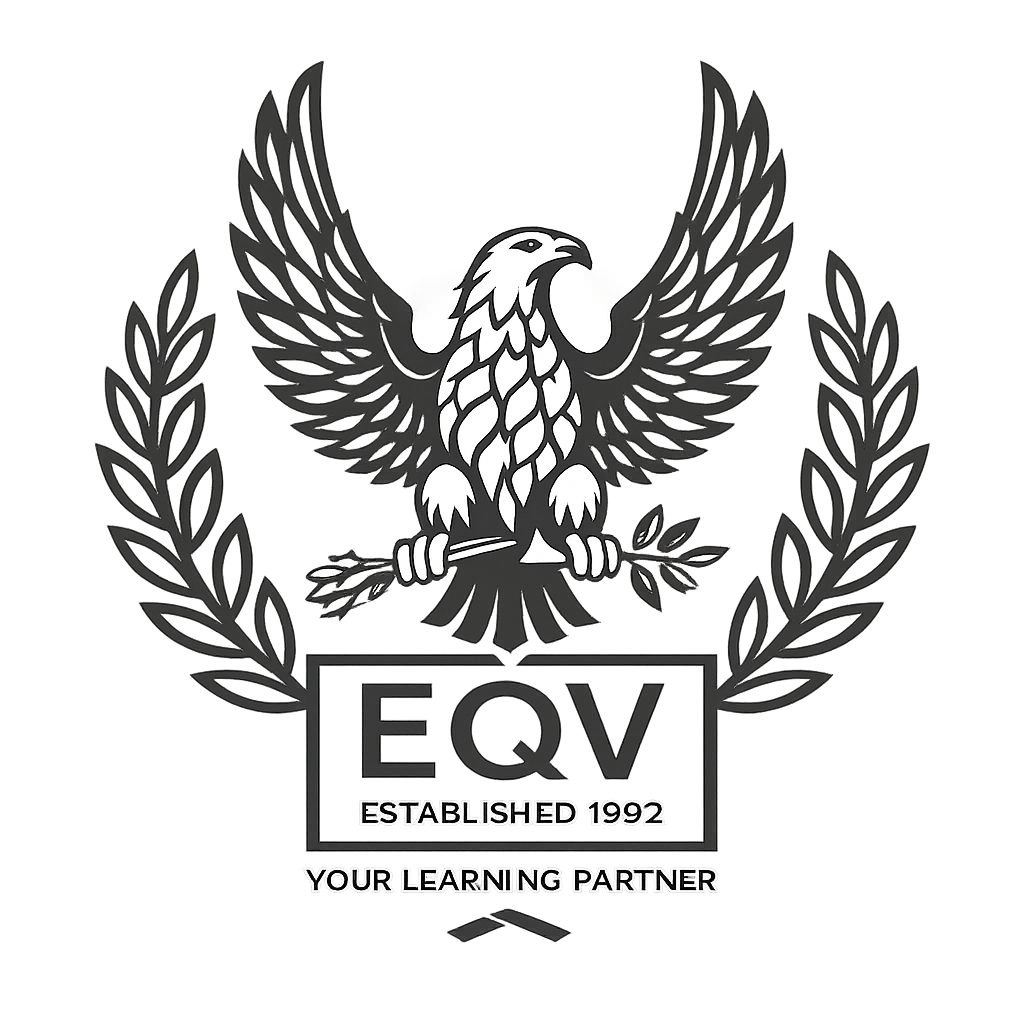Counselling Skills in the Workplace
- Counselling Skills and Their Application in the Workplace: Counselling skills encompass active listening, empathy, non-judgmental attitude, and effective communication. In the workplace, they are utilised to create a supportive environment, assist colleagues in resolving personal or professional issues, and enhance overall well-being and productivity.
- The Positive Utilisation of ‘Power’: Power in the workplace can be employed positively to drive change, make decisions, and influence others in a constructive manner. Effective leaders use their power to inspire and motivate their teams, fostering a collaborative and productive atmosphere.
- Adopting the Correct Attitude for Counselling: To be an effective counsellor, one must adopt an empathetic, non-directive, and non-judgmental attitude. This approach encourages open communication and helps individuals feel safe and supported when discussing their concerns.
- The Skills of Active Listening: Active listening involves giving full attention to the speaker, asking clarifying questions, and providing feedback. This skill is essential in counselling as it allows the counsellor to understand the speaker’s perspective and emotions deeply.
- Being Disciplined with Time: Time management is critical in the workplace. Being disciplined with time involves setting priorities, avoiding procrastination, and ensuring that tasks are completed efficiently and effectively.
- The ‘Person-Centered’ Framework for Problem Solving: The person-centered approach to problem-solving places the individual at the forefront. It involves tailoring solutions to the unique needs and preferences of the person, fostering a sense of empowerment and ownership in finding solutions.
- When and How to Confront and Challenge: Confrontation and challenge should be approached with care and sensitivity. They are necessary in situations where unacceptable behavior or issues need to be addressed. Effective communication and a respectful tone are essential in such cases.
- Practising the Skills of Reflecting and Summarising: Reflecting and summarising skills are crucial in counselling. They involve paraphrasing and recapping what the speaker has said to ensure understanding and encourage further discussion.
- Action Plans: Action plans are a structured way to outline steps to achieve specific goals. They provide a clear path forward, helping individuals and teams make progress towards desired outcomes.
Anyone who may be required to offer help and support to others in the working environment.
Have two or more people to train? you may consider a closed group course.
Benefits include:
- Cost effective
- Choose a date to suit you
- Customise content and timings
- No minimum delegate
- Choose how the course is delivered – In person face-to-face at your location or virtual
Contact us on [email protected] to discuss specific date and delivery requirements.
We can deliver our training sessions in several ways, these being:
- Open public course (Contact us if you can’t see a suitable date listed)
Please enquire about the following methods
- Closed group
- In person face to face
- virtual
- One to one coaching
Course Benefits
- Fully led tutor instruction
- Comprehensive courseware for all delegates
- Certificates of attendance
- Course Guarantee
- Emergency trainer
- Contextualisation and customisation for Closed group courses
- Evaluation Feedback
- Access to Customer Portal (course bookers) for oversight of past and future training events and attendance details
Key Features
Course Duration is 1 Day
Engaging & interactive tutor led session
Comprehensive course materials
Priced per delegate per day for open public course
£449.00 Plus VAT
Can’t see a suitable date? Please request a date here
Payment available via all major credit cards or Invoice. All options available during the online booking process.
